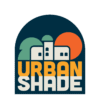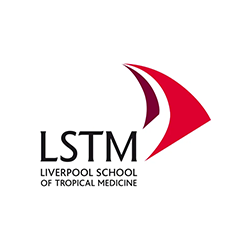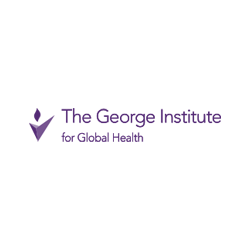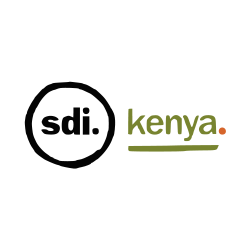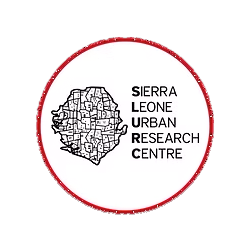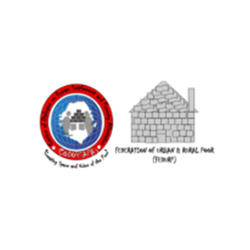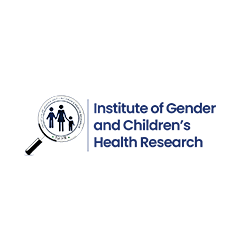Supporting health services to respond to extreme weather events in urban areas
Climate change affects the most marginalised and poorest urban communities, particularly the billion people living in informal settlements and the peripheries of cities. Flooding, storms, heatwaves, heavy rainfall and drought are increasingly common. Urban SHADE will work with governments and communities to improve the resilience of health services during and after extreme weather events.
Climate change affects the most marginalised and poorest urban communities, particularly the billion people living in informal settlements and the peripheries of cities. Flooding, storms, heatwaves, heavy rainfall and drought are increasingly common. Urban SHADE will work with governments and communities to improve the resilience of health services during and after extreme weather events.
Our work
Launched in February 2024, Urban SHADE (Strengthening Health Access and Delivery for Extreme weather) is a three-year programme. We work in India, Kenya and Sierra Leone. Researchers, health service providers, government agencies and communities in urban informal settlements will work together to improve the resilience and responsiveness of health services during and after extreme weather events. The poorest and most marginalised in urban informal settlements are experiencing poor health outcomes due to extreme weather events.
Our communities
We are working in 11 informal settlements in five cities in India, Sierra Leone and Kenya. People here live in hillsides which experience landslides after heavy rains, coastal and riverside locations that flood. In the plains, they often live in houses or buildings which increase indoor temperature during summers. They are exposed to heat waves due to the ‘urban heat island effect’, their compulsions to work outdoors in the heat, and their lack of access to cooling devices. People who are marginalised because of their income, gender, age, caste, disability and ethnicity are worse off.
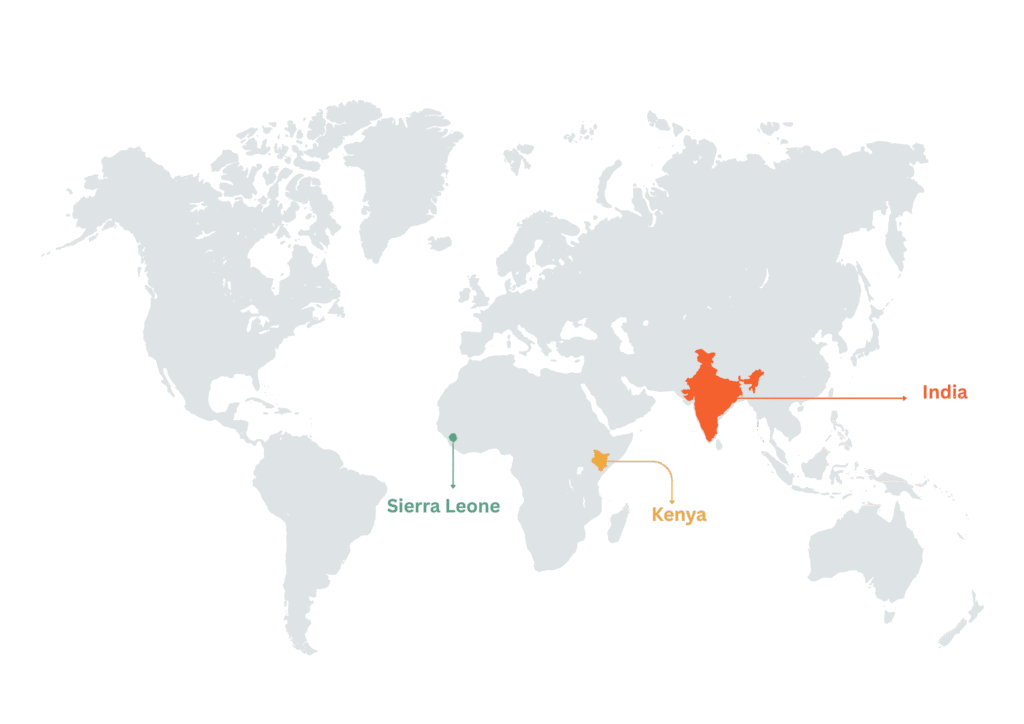
- number of countries- 3
- number of cities- 6
- number of settlements- 11
